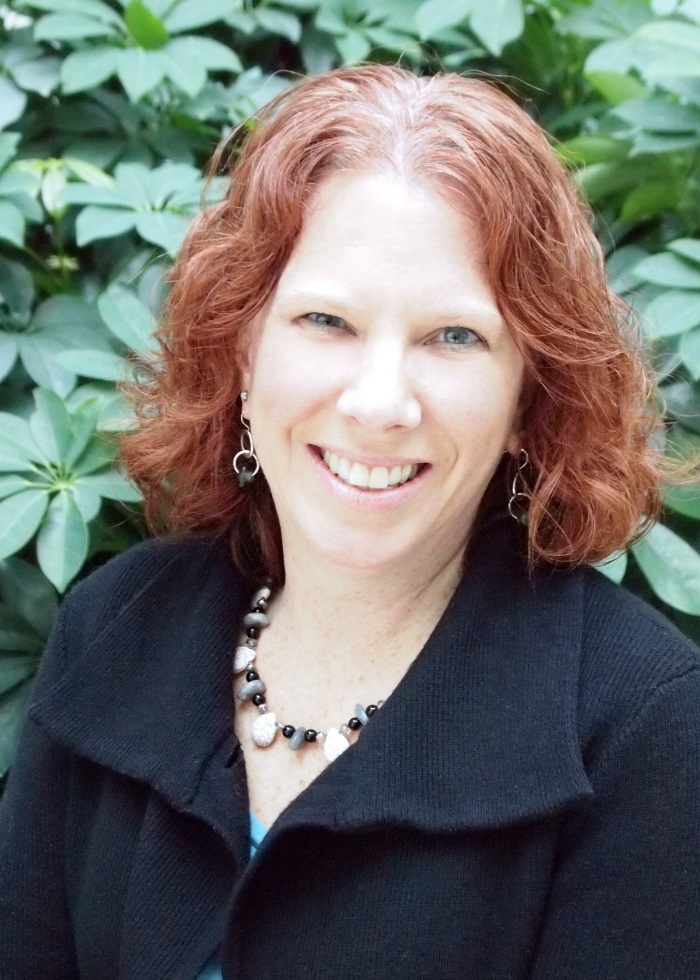
Today, in the time of COVID-19, workers who have never worked remotely — or did so only occasionally — find themselves managing their job, childcare and relationships all under one roof.
How are workers responding to this unprecedented situation?
During the past two years, Associate Professor of Sociology Krista Brumley has led an interdisciplinary research team using surveys and interviews to focus on flexible work arrangements (FWA).

“Prior to the COVID-19 outbreak, we had already interviewed 24 individuals who were married or cohabitating, and both members of the couple worked full time,” Brumley said. “They reported that they often felt that they didn’t have enough time with their family or partner, that they didn’t have energy or were not in a good mood, and were not doing a good job at home.”
Before the pandemic, many U.S. companies offered some type of FWA. These policies, according to Brumley, were intended to allow workers some control over how they do their work, where they work and how much they work through policies like telecommuting (flex place), changing start/stop times (flex time), job sharing, working part-time or working a compressed work week.
Since the COVID-19 outbreak in the U.S., lives have changed dramatically. Whether they must work from home or if their children’s schools have closed, there is a substantial difference in daily life, and the issues and emotions that arise on a daily basis.
COVID-19 has completely blurred the boundaries between work and family.
“In our recent interviews — 15 conducted over the past two weeks — women and men have been faced with making choices about how they manage work, family and their relationships,” Brumley said. “Some couples simply do not have jobs that allow one or both to be home, leaving an extra burden on the one who can.”
One of the interviewees, a medical assistant, cannot work from home and has the added stress of her job: “I’m very cautious and it’s had me on my toes about it because you know we have sick people coming in and going out, so we have to keep sanitizing and you know, wearing the masks and everything.” The interviewee added that she and her husband work opposite shifts, so someone is always home with their children (leaving little time to spend as a couple). Now, instead of resting during the day, her husband cares for the kids.
According to Brumley, research has consistently shown work-to-family conflict as more common than family-to-work conflict. However, with the current health crisis from COVID-19, she expects to see a spike in family-to-work conflict as people try to manage both aspects within the same space.
“While we cannot anticipate all the effects COVID-19 will have on workers and their families, our studies to date suggest we may see a sharp rise in physical, relational and emotional distress. Supervisors and workplaces will need to (re)create FWAs that support workers during this troubling time as family and work become intertwined for the foreseeable future.”
The bottom line, Brumley predicted, is that employers will now have to be more creative in how they manage their workers from afar who have increasingly difficult lives.
The research team includes:
- Krista Brumley, associate professor of sociology specializing in gender, work-family, work organizations, and qualitative methods.
- Shirin Montazer, assistant professor of sociology specializing in mental health outcomes, work-family conflict, immigration, stressors, and quantitative methods.
- Katheryn Maguire, professor in communication sciences, specializing in relationship maintenance, family communication, long distance relating, and qualitative and quantitative methods.
- Boris Baltes, professor of industrial/organizational psychology and has expertise on work-family conflict and coping in dyads. He also chronic specializes in quantitative methods.
- Laura Pineault, doctoral student in industrial/organizational psychology.
- Grace Boudjalis, master’s student in industrial/organizational psychology.
- Ranya Krayem, undergraduate who is majoring in sociology and minoring in global health and social medicine. She is also a Wayne Med-Direct student, and part of UROP.
